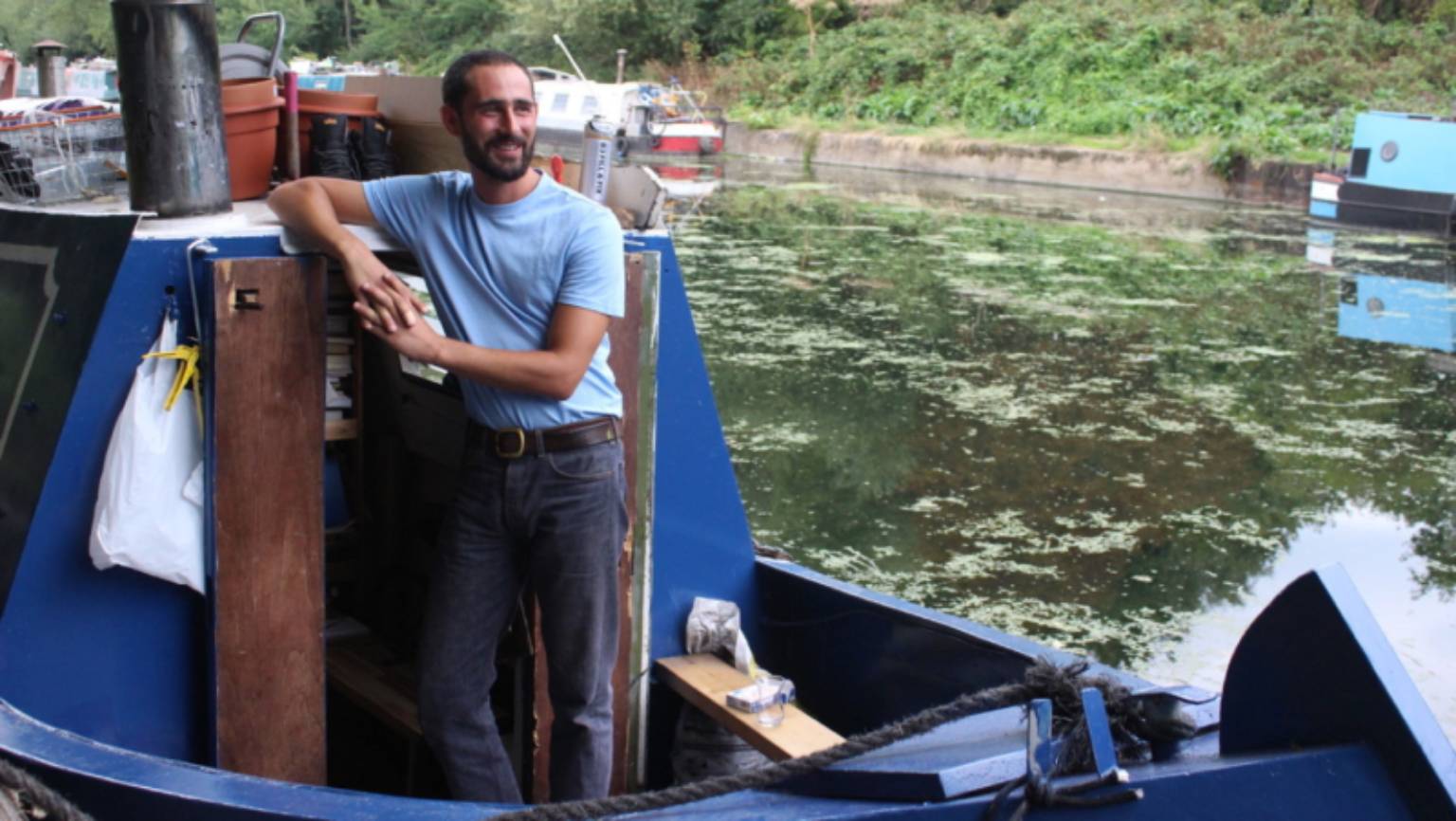
The Basement Gym + Studio opens in Camden Town
Camdenist readers get 50% off their first month’s membership, too

What do you love about this way of living?
Seeing different parts of London. Meeting people who are very, very different from one another. Freedom of movement. All part of life on a narrowboat.
What’s the worst thing?
It’s cold. It can be humid. It’s not always easy to change from one location to another. You’re always on the move.
Has it taught you anything about yourself that you didn’t know?
Every day. It shows you what you need to see. You begin from a survival point of view, which is, I need to empty my toilet, I need to fill up my tank, I need to do things I’ve never done in my life before, things you previously took for granted. And so you look at yourself, and you might not necessarily like what you see, initially.
Have you learnt anything new about London and the people here?
There’s the industrial side up North and then as you come down it transforms into the more hipster areas. Then you get into the centre where there are more locals, before you head out West and it becomes posh. Boaters, for some reason, are always appreciated wherever you go. There’s always curiosity. There are good people around.
Any scary or funny stories?
I hear a lot of stories. The canal is probably the only place in London where there are almost no CCTV cameras. It’s not anything really, but once my girlfriend and I were sleeping, I heard some guys saying let’s jump on this boat. I’m lying there thinking what am I going to do now? I’m going to have to come out, what’s the closest weapon… Then one of them said no man, people are living there. And then they just walked off. That’s beautiful, just perfect. But it can be tricky. Life on a narrowboat has its freedom and challenges.

This article is part of Camdenist Presents: JOURNEYS, an ongoing digital series and special print magazine, coming soon across the borough and Central London.

Camdenist readers get 50% off their first month’s membership, too

A brand new hairdressing and barbering academy has landed in Camden Town and is now seeking style-conscious models and enthusiastic trainees

We speak to founder, Sol, about bringing the studio to Kentish Town

Explore the neighbourhood’s brand new neighbourhood